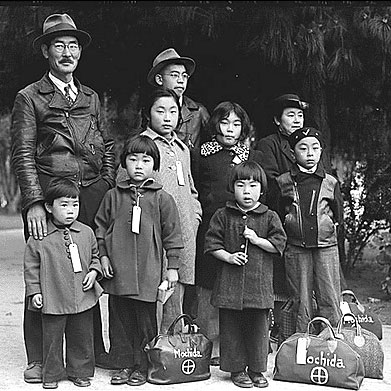Energetic skills
When we talk about group energy, we refer to a collective state of attention. If you are the facilitator or leader of a group, then the group members will tune in to your state of attention. Therefore, your own state of attention is key to creating safety, focus, depth, concentration, connection, and presence in the group. Therefore, if you lead a group you need the following skills:
- gathering the attention of the group
- maintaining the group energy
- holding the group, holding the space
- creating depth
- managing the intensity of the experience of a representative
Before you begin constellation work you need the group to be present, stable and focused. Guiding a meditation can be a good way to create that stable state. When the attention of the group is focussed and you can work.
During the work you can maintain that stable space by keeping yourself aware of any restlessness or tensions that emerge in the group. In the training you will learn what you can do then with your attention and your presence to re-establish stability in the group.
When safety in the group is lost, for example because of an angry outburst of a participant, then the facilitator can use his energetic field to restore safety, perhaps in combination with breathing exercises with the group.
When it would happen that a participant in the group becomes psychotic, the facilitator uses his energy to hold and maintain a safe field for the group and to contain the psychotic person.
Creating depth means to create the presence and holding in the group that allows deep work to happen. You create depth by your inner connection to the pain that is in the client and in the group. When you are ready to be present when someone's deepest pain surfaces, when you bring that willingness and readiness, then the issues that are presented will be deeper and will matter more. This willingness is not easy. It is the result of having known pain yourself and your ability to let that pain be there without going away from it. When you bring that willingness to be with your own pain to the group, then any issue can be there. This does not mean that you let your own pain resonate with the clients pain. It means that you can be calmly present with the most painful emotions. It means that your stability and your strength are an anchor that the client can trust and rely on.
A related topic is how you manage the intensity of the experience of a representative. When a representative stands in a painful role, you can ask him or her whether he or she is okay to stand in that position. And if it is too much you may suggest stepping out of the role a little, or go out of the role and sit down. However, you should not think you should always protect the representative from the experience of representative suffering. It is often a valuable experience that puts their own suffering in perspective.
home ▸ training program ▸ skills ▸ energetic skills
